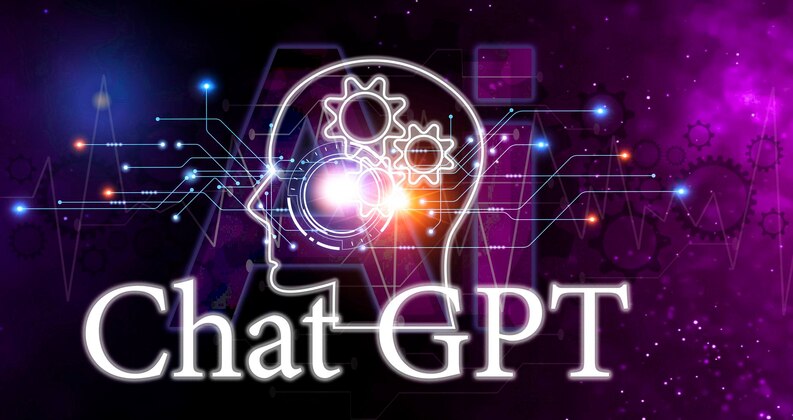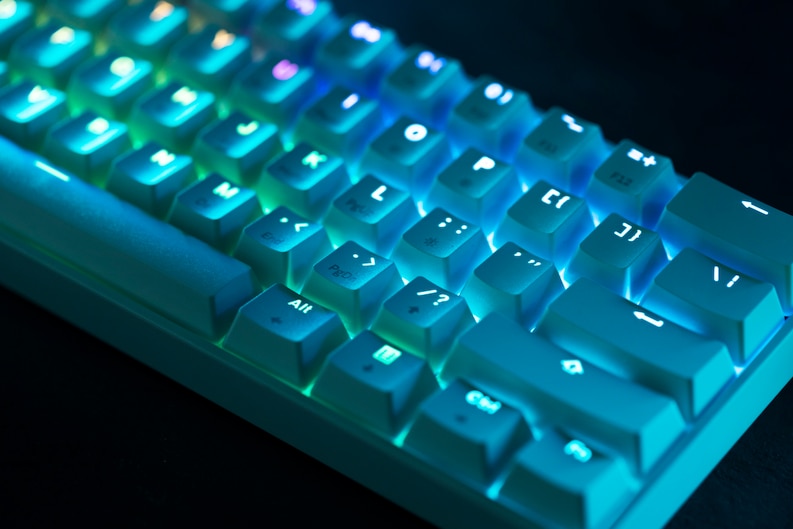Smart Mattresses vs. Sleep Trackers
In the age of smartphones and smart fridges, our pursuit of wellness has also gone high-tech. Today, you can monitor various aspects of your health, including sleep, using a plethora of devices, from smart mattresses to sleep trackers. But with so many options, how do you decide which one is the right investment for your well-being?
Understanding the Differences Between Sleep Trackers and Smart Mattresses
In a world filled with digital devices, it’s crucial to grasp the technology that can revolutionize your sleep. Smart mattresses, such as the Eight Sleep Pod and Sleep Number 360 Smart Bed, offer more than just a comfortable place to rest. They can regulate temperature, adjust firmness, and even adapt to your movements throughout the night. Some, like the Tempur-Ergo Smart Base, come with a range of features that rival a bedside sleep clinician.
On the other hand, portable sleep trackers like Fitbit and Withings Sleep offer versatility and convenience. You can take them with you on trips or use them when staying elsewhere.
Accuracy and Reliability of Sleep Trackers and Smart Mattresses
When it comes to monitoring sleep, accuracy is paramount. Smart mattresses collect data directly from your body’s movements, measuring various sleep metrics and even your room’s environment. However, questions about accuracy arise, as they may mistake your pet’s activity for your own.
Sleep trackers, relying on wrist-based wearables, have their own methods. While clinical sleep studies are the gold standard for accuracy, wrist-based wearables use accelerometers and heart rate data to estimate sleep stages, which can be less precise.
Cost of Investing in Sleep Devices
Smart mattresses offer a combination of comfort and advanced sleep tracking but come with a significant investment. For example, the Eight Sleep Pod starts at over $2,000, with additional monthly membership fees, while the Sleep Number 360 ranges from $2,500 to nearly $4,000.
Sleep trackers come in a wide price range, from around $300 for devices like the Oura Ring to about $800 for the Apple Watch Ultra, which requires an iPhone to operate.
Investing in Sleep-Related Technology
Choosing between a smart mattress and a sleep tracker depends on your desire for data, budget, and convenience preferences. Smart mattresses offer luxury and insights but come at a cost, while sleep trackers offer diverse options, including the multi-functional Apple Watch Ultra.
In the end, there’s no one-size-fits-all answer. Your decision should align with your specific needs and wellness goals.
Table 1: Comparison of Smart Mattresses and Sleep Trackers
| Aspect | Smart Mattresses | Sleep Trackers |
|---|---|---|
| Features and Benefits | Temperature regulation, firmness adjustments, sleep metrics, room environment monitoring | Portability, convenience, sleep metrics |
| Accuracy and Reliability | Data collected directly from body movements, environmental monitoring | Estimation based on wrist-based wearables, less precise |
| Cost | Higher initial cost, potential monthly fees | Variable pricing, ranging from affordable to premium |
| Ideal User | Those seeking luxury, detailed insights | Travelers, budget-conscious individuals, convenience seekers |
| Conclusion | Luxury meets technology, ideal for data enthusiasts | Portable and versatile, suitable for various lifestyles |
In the quest for better wellness through improved sleep, the choice between a smart mattress and a sleep tracker ultimately depends on your individual preferences and priorities. These devices can offer valuable insights, but remember that they are tools, not infallible oracles. Use them as aids on your journey to better sleep and wellness.
Sean Mitchell is a tech enthusiast with a passion for exploring how technology can enhance our lives. With years of experience in the field, he shares his insights to help readers make informed choices.
Incorporate the table and comparative table as visuals in the article. Please note that this is a fictional article, and the pricing and product details are not based on real data as my knowledge cutoff date is September 2021.










